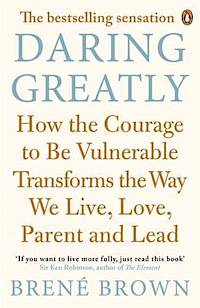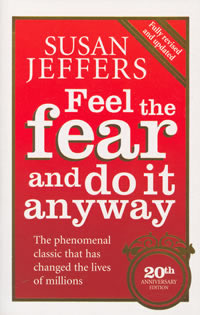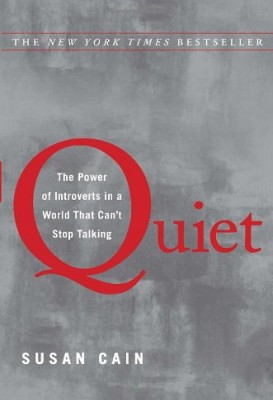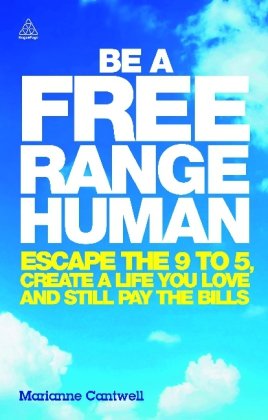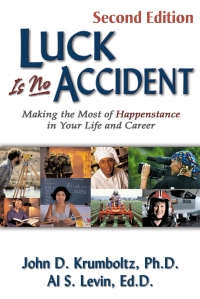At this point in my life, early twenties and finally figuring out the path I want to be on, I do feel more than a little frustrated that not once was my personality discussed in meetings with school, or even university, careers advisors. Conversations followed along the lines of “What are you good at [academically]? What do you like [right now]? Well in that case, logically, you should do ___.” In my view that’s just not good enough.
How about “Let’s work out your innate preferences, the things that you truly care about and what’s authentic for you. Then we’ll see if your subject choices and enjoyment of these subjects match up and work out the next step forward based on your own personal values.” We should be so lucky. But what’s so difficult about that?
Being a fan of both careers books and personality theory, the following read is the perfect combination. I’m a strong believer in needing to look much deeper than ‘skills’, ‘interests’ and ‘logic’ to find the right path, and this book does just that.
 From personality to profession
From personality to profession
(Do what you are, by Tieger and Barron)
The Myers Briggs Type Indicator (MBTI) is essentially based on preferences – it doesn’t try to tell you what you’re good at or experienced in, only where your natural preferences are, and therefore your likely natural strengths.
The authors give a great explanation of MBTI before exploring each type in relation to careers. Each ‘type’ section describes real life examples of people sharing that ‘type’ who have fulfilling careers, before going on to pull out the common themes and suggest not just other careers to consider, but key factors to consider and rank, and even methods of job hunting that might be most effective.
I always like to hear people’s career stories, so unsurprisingly it was the examples that made this such an interesting read for me. Having done a lot of work on figuring out my own path, it was great to read about others doing work that I’d love to do.
The thing I find so fascinating is how different we all really are. While one person might love analysing data sat at a computer and hate the idea of spending time face to face with an individual discussing their problems, someone else might resent time spent putting together spreadsheets but feel passionate about supporting those with mental health issues. When talking about my ideal work, I often find myself saying ‘Yes, but who wouldn’t want to do that?!’ except the answer to that is, a heck of a lot of people!

